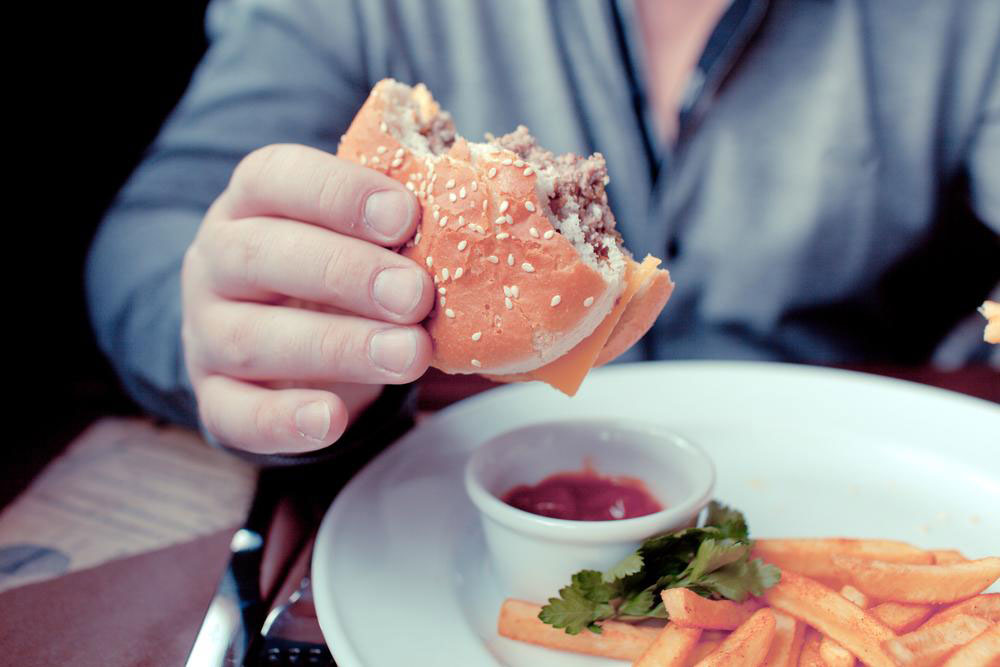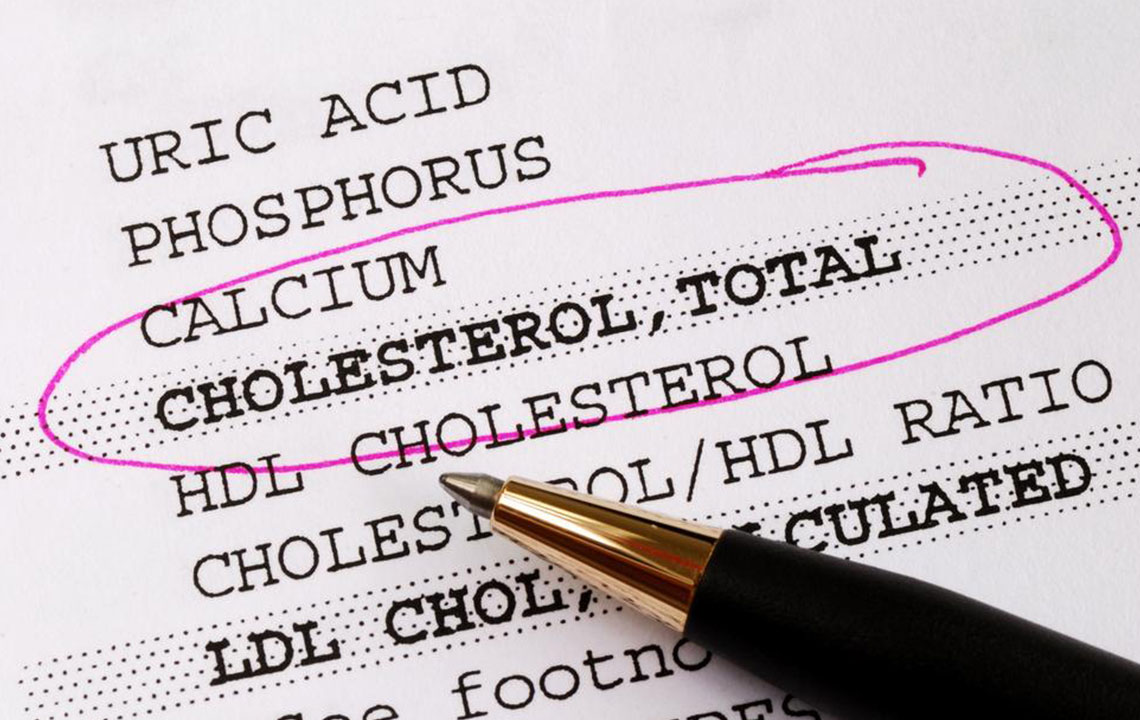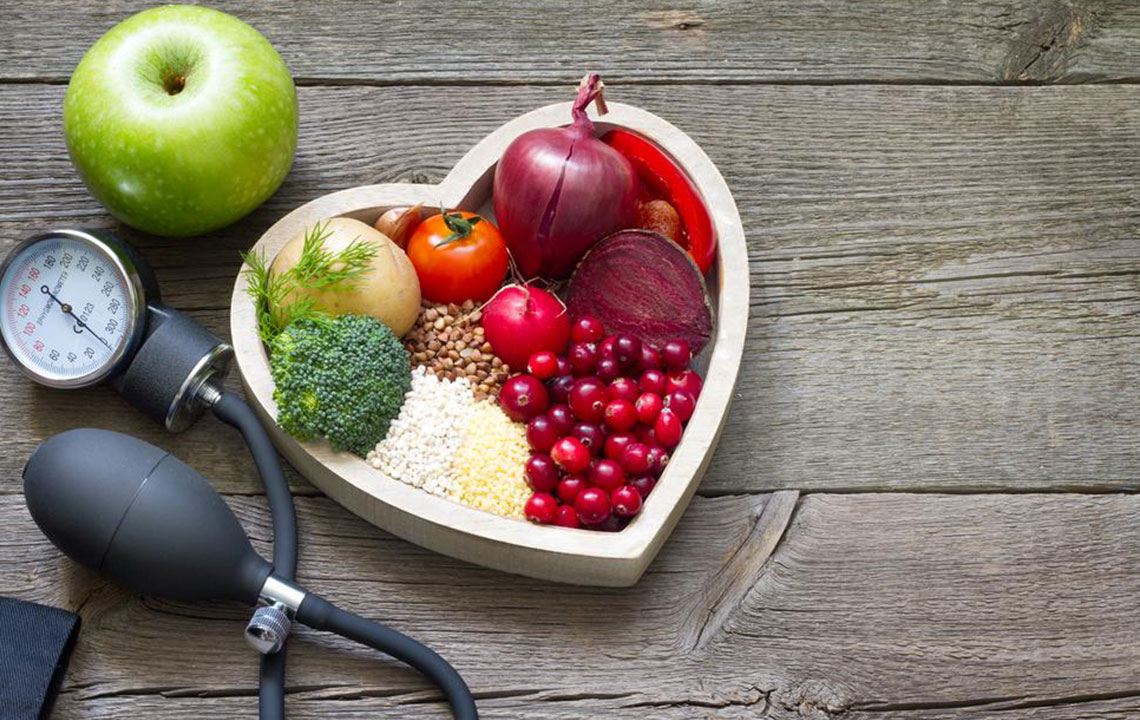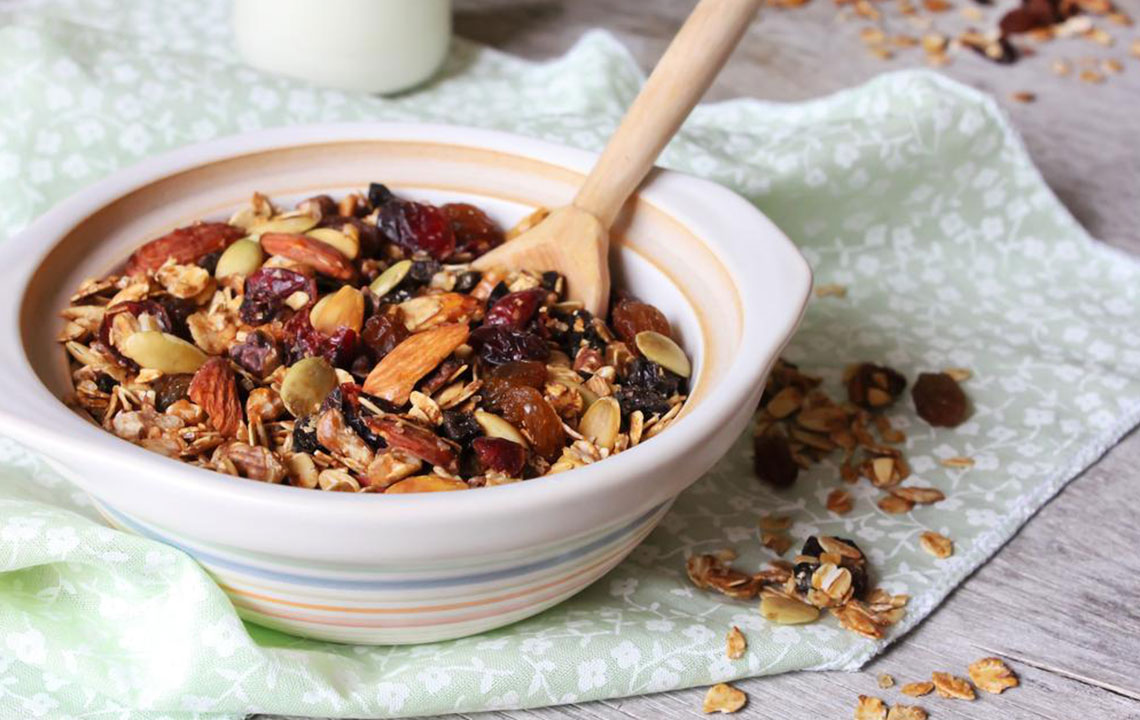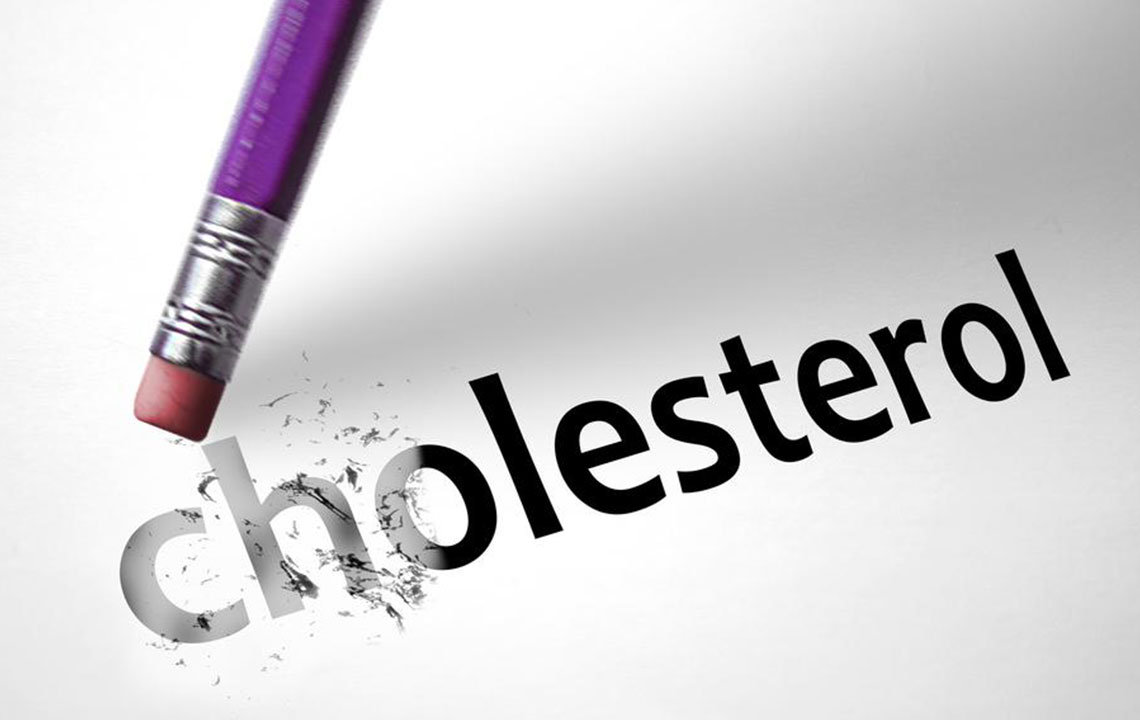What is cholesterol
Cholesterol is an organics molecule which is biosynthesized by all animal cells and is an essential structural component of the membrane to maintain the structural integrity and fluidity. For humans, cholesterol is a type of fat which is found in the blood. The main function of cholesterol is boosting brain and skin and organs growth over the years till your organs stop growing at some point.
But cholesterol levels have to be maintained in the balance as too much or too little can lead to complications.
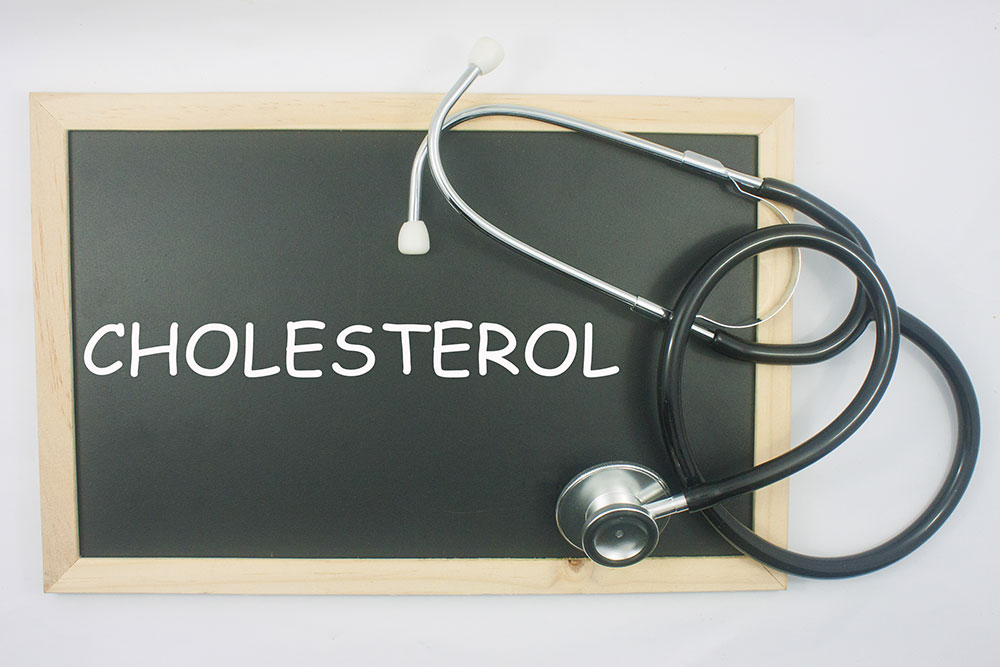
Essentially the liver is responsible for producing cholesterol, along with what is found in day-to-day food staples, depending on your diet. Diet is everything when it comes to maintaining the perfect balance of nutrients, minerals, vitamins, and essential amino acids for proper bodily functions. Since the facts are present in the blood stream, improper or increased intake of cholesterol-rich foods can force to clog the arteries carrying blood vessels through the body and reduce the blood supply. Artery walls tend to become narrower and cause congestion which, if left untreated, can cause severe heart and bodily ailments.
High cholesterol levels in your blood stream lead to high risk of heart failure and attacks, brain strokes due to improper blood supply among other health problems. Cholesterol is of two types, namely HDL and LDL. Low-density lipoprotein (LDL) is the cholesterol which carries the blood away from the liver to be pumped throughout the body and various organs, while the high-density lipoprotein (HDL) carries blood back to the liver to be broken down for necessary bodily functions. Basically, LDL is bad cholesterol and HDL is good cholesterol.
Controlling cholesterol levels is tough, it requires active participation on your part when it comes to maintaining a well-balanced yet nutritious diet, plenty of exercises to burn that extra fat, and carbs so that the cholesterol levels are maintained overall to promote a healthy living.
Frequent checkups with your general physician or dietician is advisable to ensure that the necessary steps are being taken to keep it in check. Information can also be found online on major medical websites and from onsite specialists.
